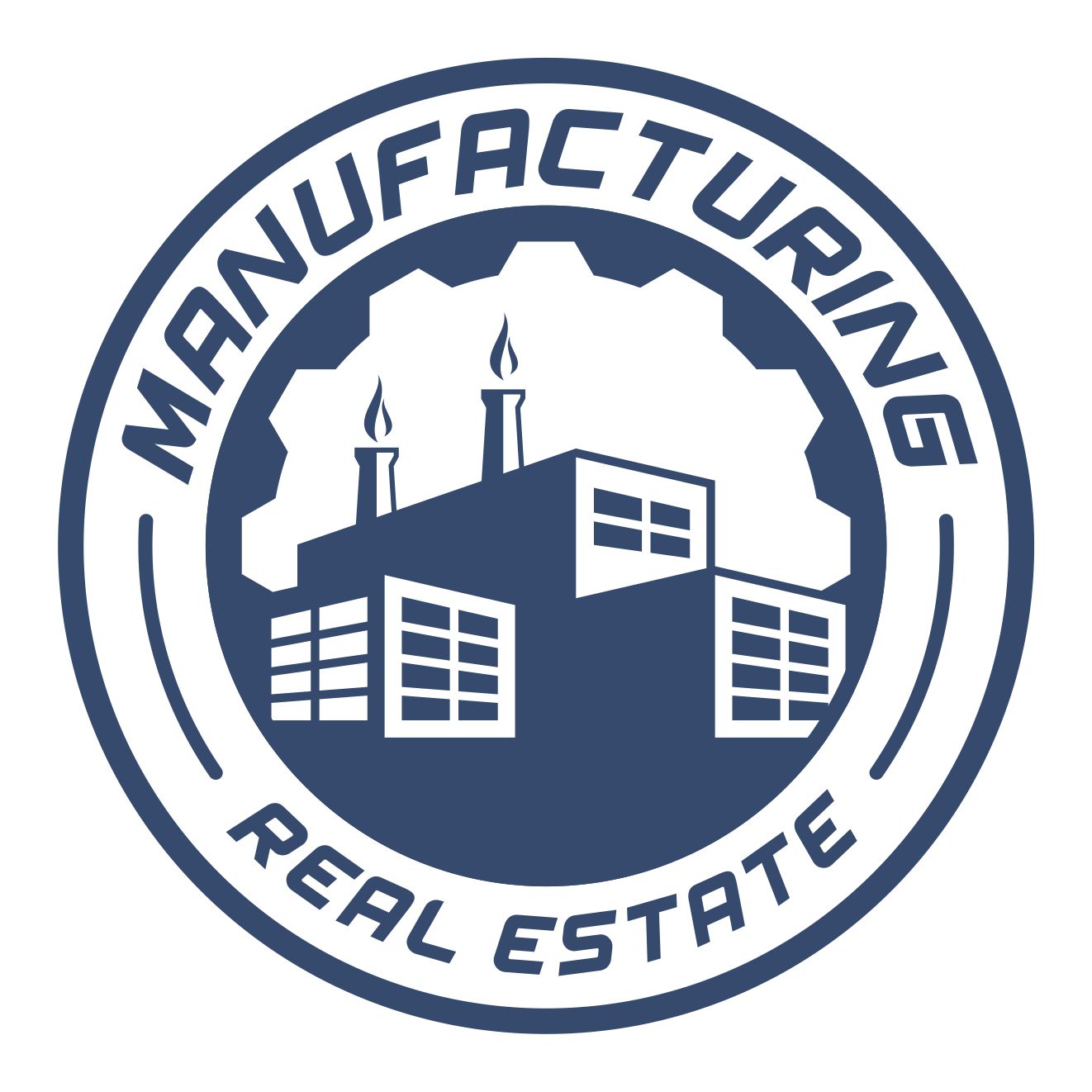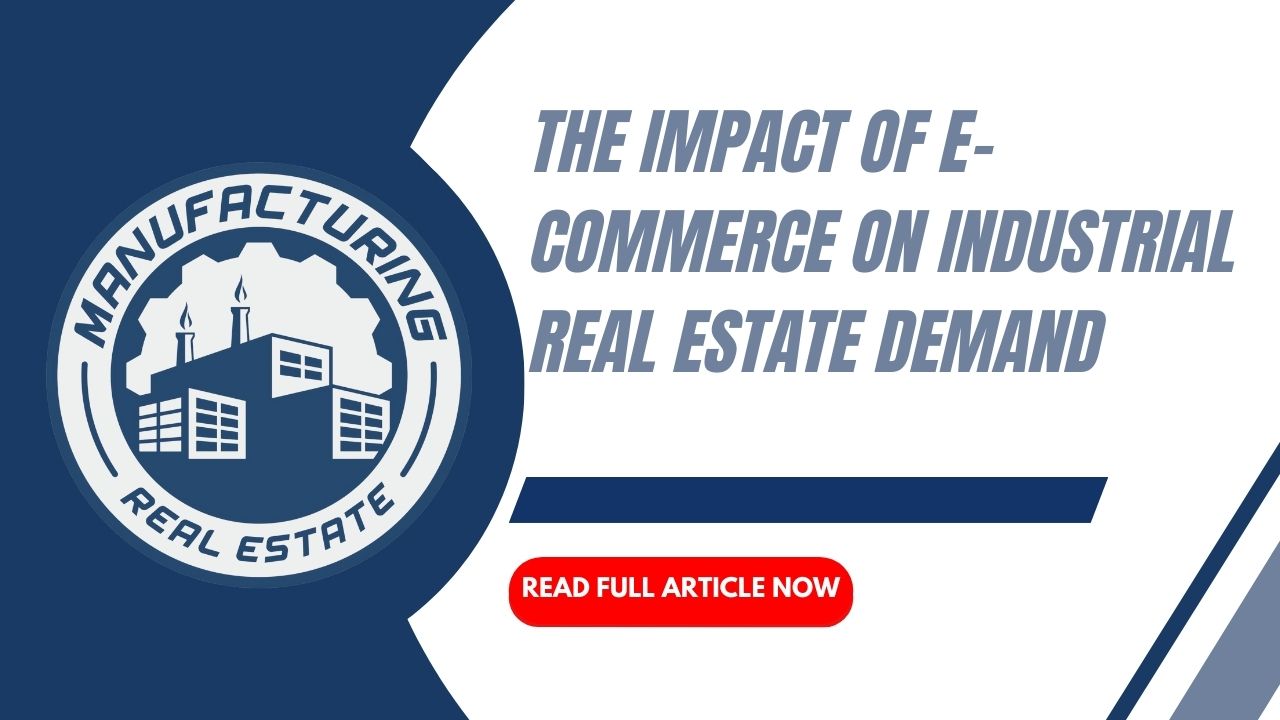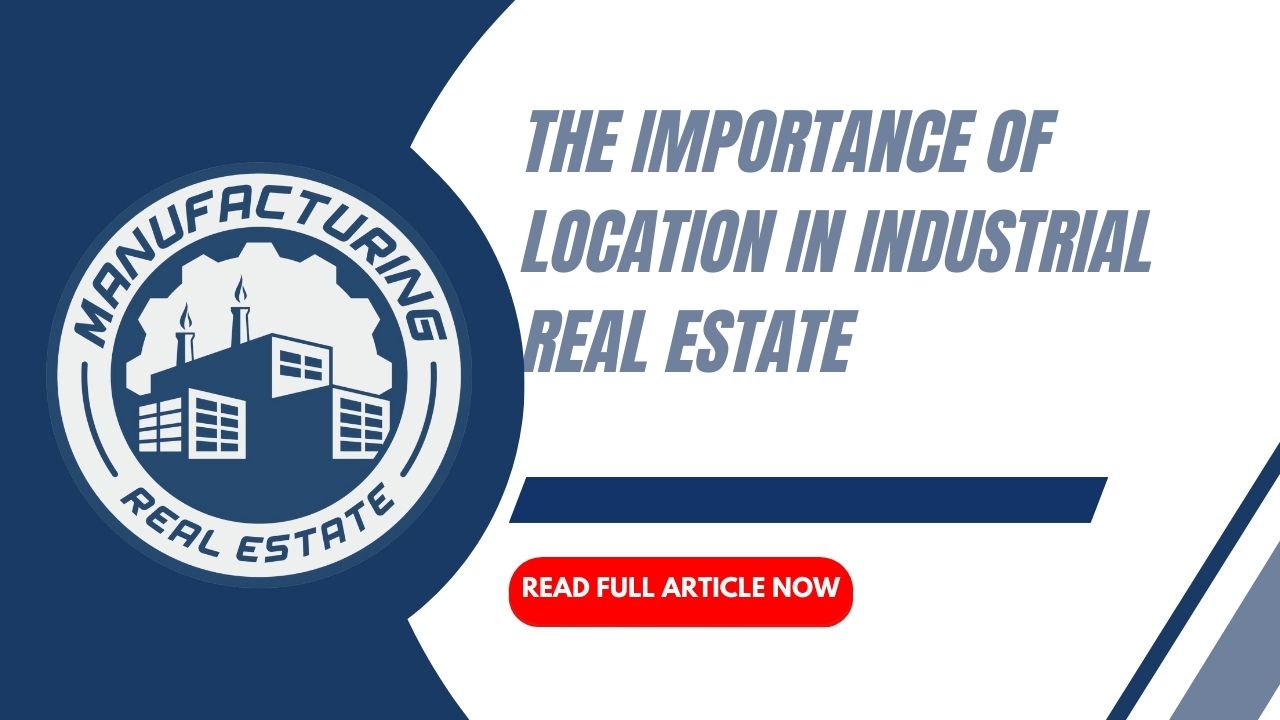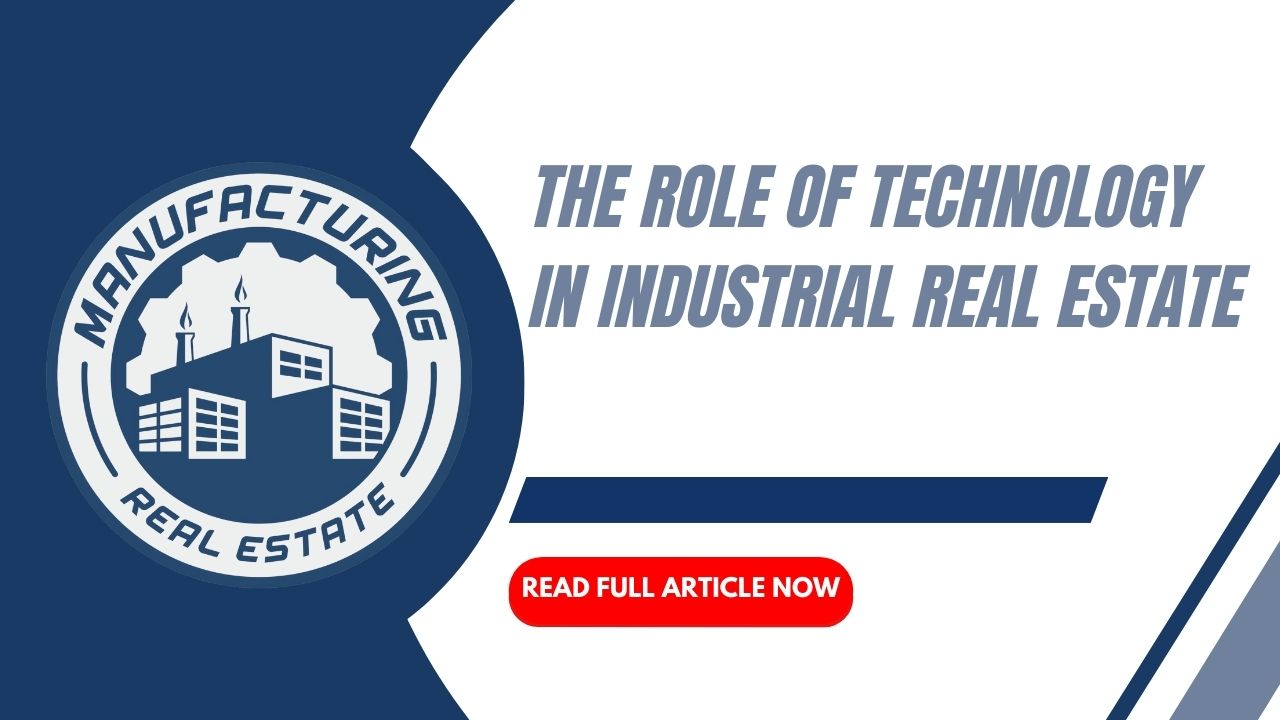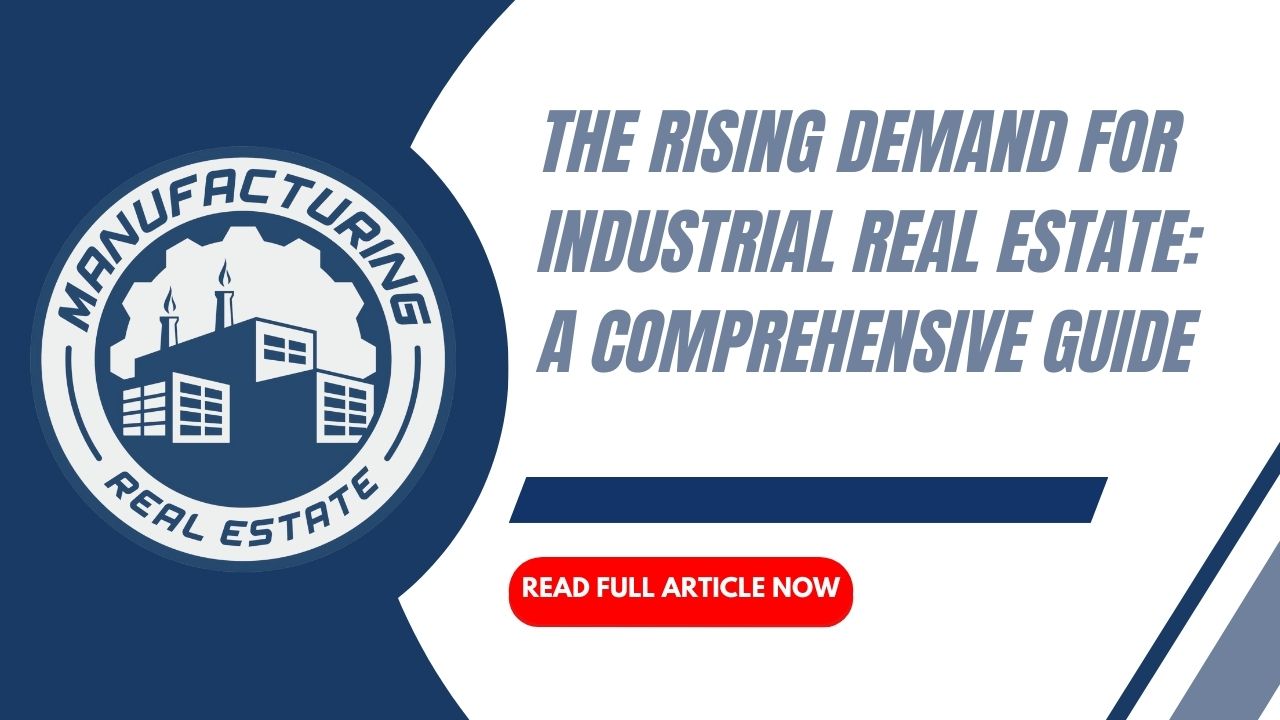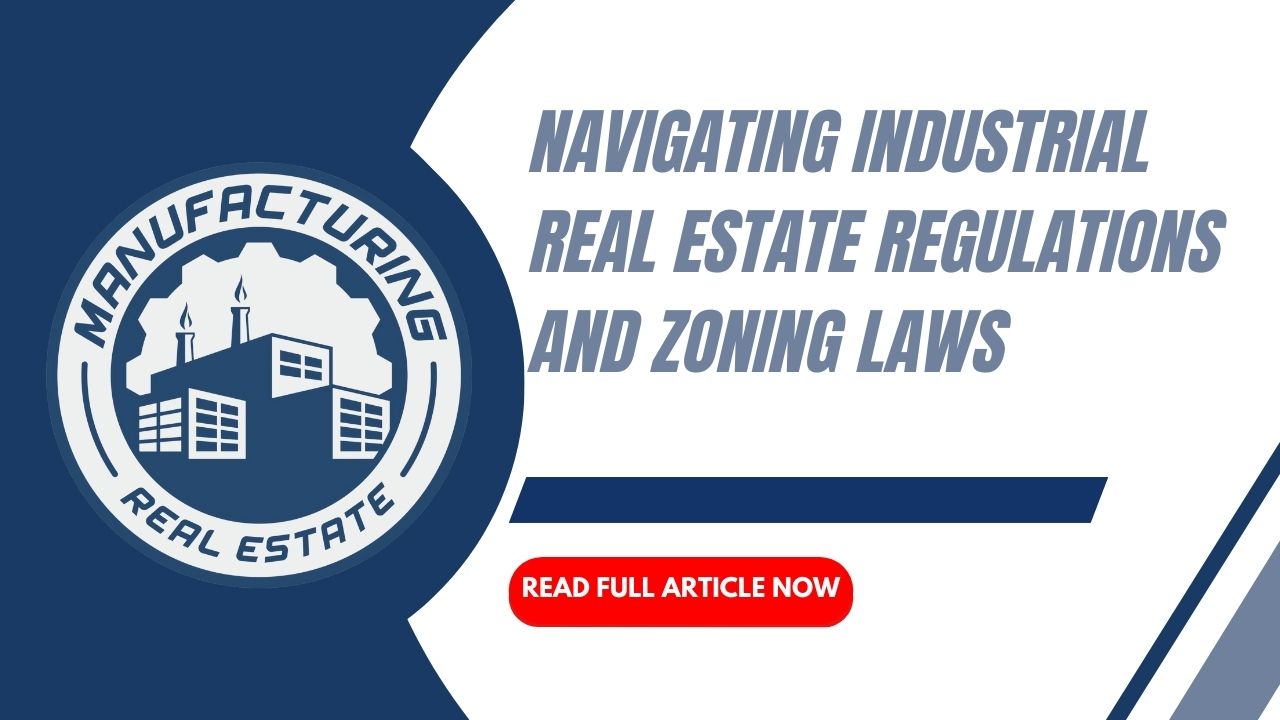
Industrial real estate is subject to a complex web of regulations and zoning laws that govern how properties can be developed, modified, and used. These regulations are in place to ensure public safety, protect the environment, and maintain a harmonious balance between industrial activities and surrounding communities. Navigating these regulations and zoning laws is crucial for businesses, investors, and developers in the industrial real estate sector. In this blog post, we will explore the importance of understanding and navigating industrial real estate regulations and zoning laws and provide practical tips for doing so. Industrial zoning plays a pivotal role in land-use planning, as it designates specific areas for industrial activities. Zoning laws establish regulations that determine the permitted uses, building sizes and heights, parking requirements, setbacks, signage, and other crucial factors for industrial properties. Understanding industrial zoning is essential to ensure that the intended use of a property aligns with the designated zoning regulations. It helps prevent conflicts between different land uses, protects the interests of businesses and surrounding communities, and promotes orderly development. Before purchasing or leasing an industrial property, it is vital to conduct thorough zoning research to understand the applicable regulations. This research involves reviewing local zoning...
